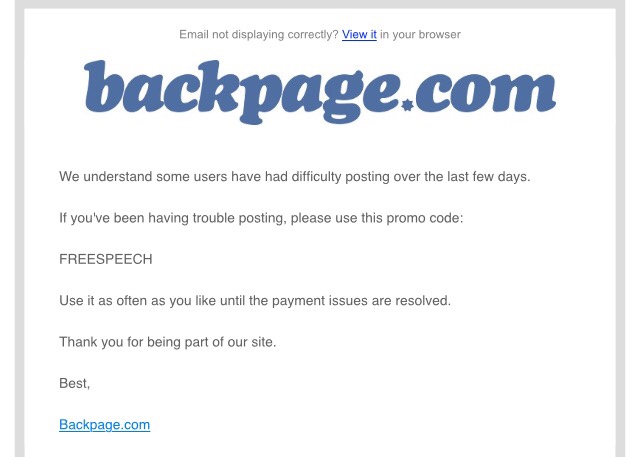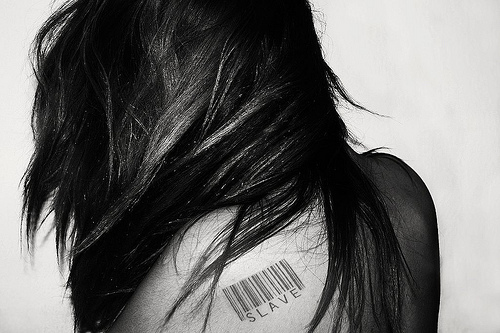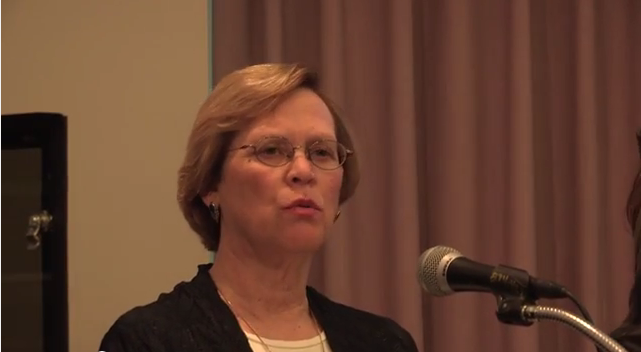“You want to offer me HOW much for my time? I’m afraid I’m not interested. I don’t knead my claws into just anyone.” — Mamacita, the cattiest brattiest
What the hell is going on with Backpage?
This week, after an informal request from a law enforcement officer, Visa and MasterCard announced that they would no longer let their cards be used to process payments to Backpage.com, the most widely used site for adult advertising in the United States. American Express had already pulled out earlier in the year. This leaves Bitcoin… Continue reading What the hell is going on with Backpage?
Casualties of War: The Wars on Drugs and Trafficking
After several years of working in nonprofit agencies that take a harm reduction approach to working with drug users and sex workers, I’ve observed many similarities between the war on drugs and the war on trafficking. As the drug war has lost popularity, the war on trafficking has gained momentum. Both the war on drugs… Continue reading Casualties of War: The Wars on Drugs and Trafficking
The Week In Links—June 26th
Season Two of True Detective maintains the original’s fixation on sex workers. I’m wary, but love me some Tim Riggins, so I’ll be watching! Tits and Sass contributor Juniper Fitzgerald is the latest in a chorus of voices pointing out that the current trafficking hysteria is just history repeating itself. Children from families in poverty are also… Continue reading The Week In Links—June 26th
Big Mother Is Watching You: The Polaris Project & Rhode Island
For her fourth installment of Big Mother Is Watching You, a guide to prominent anti-sex worker activists and officials, Robin D. takes a look at the major advocates of the 2009 re-criminalization of indoor sex work in Rhode Island, where it had previously been protected by a legislative loophole. She also outlines heavyweight anti-trafficking organization Polaris Project’s… Continue reading Big Mother Is Watching You: The Polaris Project & Rhode Island




